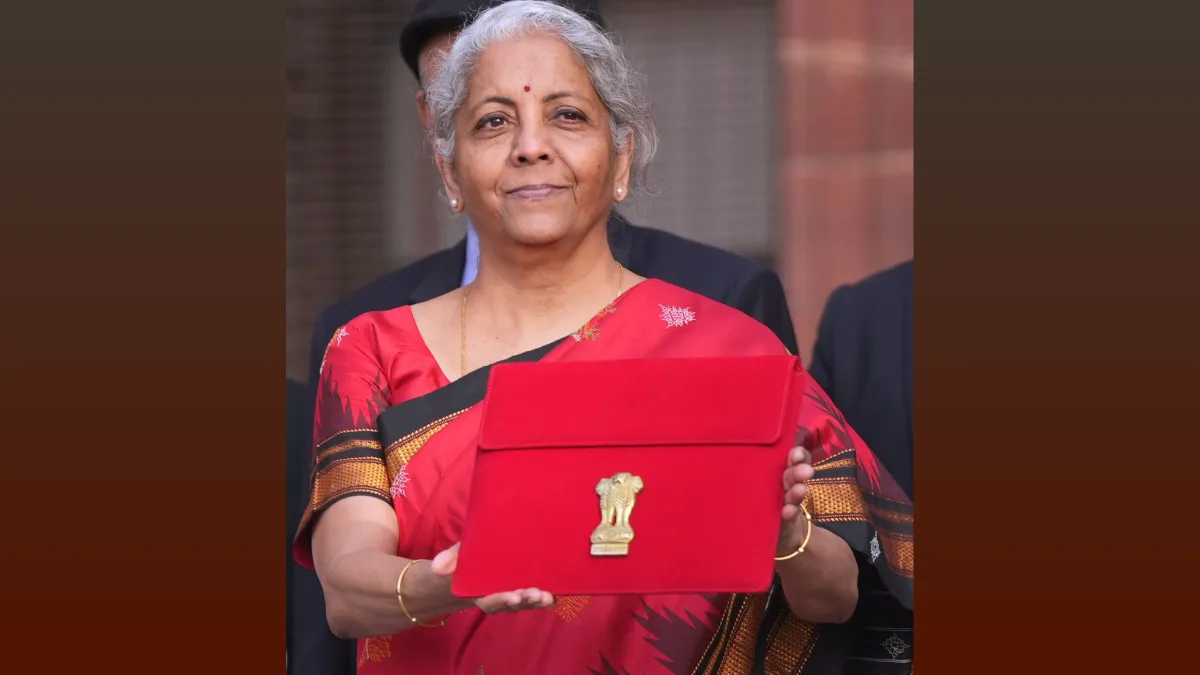Now Reading: Sitharaman Rejects TN’s Caste Census Claims, Cites Central Jurisdiction
-
01
Sitharaman Rejects TN’s Caste Census Claims, Cites Central Jurisdiction
Sitharaman Rejects TN’s Caste Census Claims, Cites Central Jurisdiction

Union Finance Minister Nirmala Sitharaman’s sharp criticism of the Tamil Nadu government’s claims regarding the caste census has ignited a political debate, highlighting the contentious nature of social justice initiatives and credit appropriation. Sitharaman’s remarks, delivered during a public address and subsequently amplified through media interactions, centered on her assertion that the central government, specifically the Registrar General of India, is the sole authority mandated to conduct a nationwide caste census.
Her core argument rests on the established legal framework and administrative protocols that govern census operations in India. She emphasized that the Registrar General of India, operating under the Ministry of Home Affairs, is the designated body for this purpose, citing the Census Act of 1948. This act grants the central government exclusive jurisdiction over the collection and publication of census data, including socio-economic and caste-related information.
Sitharaman’s critique directly challenged the Tamil Nadu government’s claims of independently conducting a caste census, implying that such actions, if undertaken, would lack legal validity and could potentially lead to data discrepancies. She raised concerns about the potential for parallel data collection efforts to create confusion and undermine the integrity of the census process.
Moreover, she accused the Tamil Nadu government of attempting to seize political mileage from an issue that falls under the central government’s purview. Her statements suggested that the state government’s pronouncements were aimed at garnering electoral support rather than contributing to a scientifically rigorous and legally sound data collection exercise.
The Finance Minister’s stance also underscored the complexities surrounding caste-based data collection in India. She highlighted the sensitivity of the issue and the need for a standardized, nationally consistent approach to ensure accuracy and reliability. Any deviation from established procedures, she argued, could compromise the utility of the census data for policy formulation and social welfare programs.
The political context of this exchange is significant. The demand for a caste census has gained momentum in recent years, with various political parties and social organizations advocating for its inclusion in the national census. They argue that a comprehensive caste census is essential for understanding the socio-economic disparities faced by different caste groups and for designing targeted interventions to address these inequalities.
The Tamil Nadu government, like several other state governments, has been vocal in its support for a caste census, reflecting the political salience of the issue in the state. By claiming credit for initiating such an exercise, the state government aimed to project itself as a champion of social justice and backward class empowerment.
Sitharaman’s strong rebuttal, however, has effectively challenged this narrative, reasserting the central government’s authority and questioning the legitimacy of the state government’s claims. The ensuing debate has brought to the forefront the delicate balance between federalism and centralized governance, particularly in matters of national importance.
In essence, the Union Finance Minister’s critique of the Tamil Nadu government’s claims regarding the caste census raises crucial questions about administrative jurisdiction, political maneuvering, and the complexities of social justice initiatives in India. It underscores the need for a clear and consistent approach to data collection, ensuring that such exercises are conducted with integrity and impartiality.









